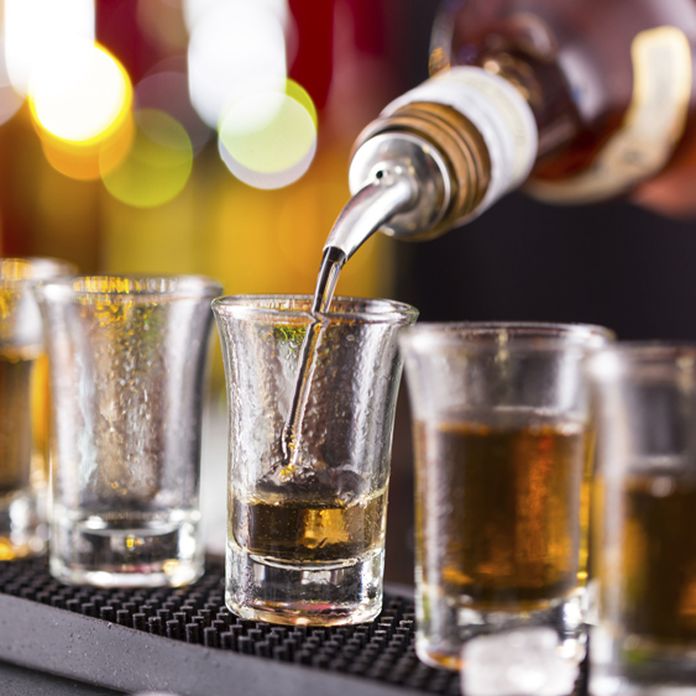Drinking by the pool or at a barbecue can be tempting, but it’s crucial to stay safe amid summer fun. Every day in the U.S., approximately 37 people die from drunk driving crashes, according to the National Highway Traffic Safety Administration. Additionally, 31% of drowning deaths involve a blood alcohol concentration (BAC) over the legal limit. This summer, it’s essential to ensure you’re sober enough before getting behind the wheel of a boat or car.

Understanding the Risks of Alcohol
Driving or operating a boat while under the influence of alcohol is extremely dangerous. Alcohol impairs your ability to make sound judgments, reduces reaction times, and diminishes coordination. It’s not just a matter of walking in a straight line; the effects of alcohol can be subtle but significantly impairing. According to the Cleveland Clinic and American Addiction Centers, several factors influence how long alcohol stays in your system and affect your abilities.
Factors Influencing Alcohol Metabolism
Your body can generally metabolize about one standard drink per hour, but this rate can vary based on several factors:
- Age: As you age, your ability to metabolize alcohol slows down.
- Weight: Those who weigh less have less water in their bodies, resulting in a higher BAC even if they’re drinking the same amount as a larger person.
- Medications: Some medications can interact dangerously with alcohol.
- Overall Health: Conditions affecting the kidneys, liver, and stomach can impair the body’s ability to process alcohol.
- Amount: Binge drinking can outpace the liver’s ability to clear alcohol from the body.
Food consumption also affects how your body processes alcohol but not how long it takes for alcohol to leave your system. Drinking on an empty stomach causes alcohol to move quickly through your body, enhancing its effects, including the likelihood of a hangover. It’s important to remember that there’s no reliable way to self-test if you’re sober enough to drive, even if you have a breathalyzer handy. Alcohol can still impair your driving ability even if your BAC is under the legal limit of 0.08%. Regardless of how much you’ve had, it’s important not to get behind the wheel of a car or a boat when drinking.
Detection Times for Alcohol
Different tests can detect alcohol in your system for varying lengths of time. According to the Cleveland Clinic, here are the maximum detection times for alcohol:
- Blood test: Up to 12 hours
- Breath test: Up to 24 hours
- Saliva test: Up to 48 hours
- Urine test: Up to five days
- Hair test: Up to 90 days
:max_bytes(150000):strip_icc()/how-long-does-alcohol-stay-in-your-system-9b97d9617d6542009142dfb8f6d8da04.png)
These detection times highlight the importance of understanding how long alcohol can influence your body and potentially affect your activities.
This summer, prioritize safety. Make sure you’re sober before getting behind the wheel or operating any machinery. Remember, the best way to safeguard yourself and others from alcohol-related accidents is to avoid drinking and driving altogether. Enjoy the warm weather and gatherings responsibly to ensure everyone’s safety and well-being.
